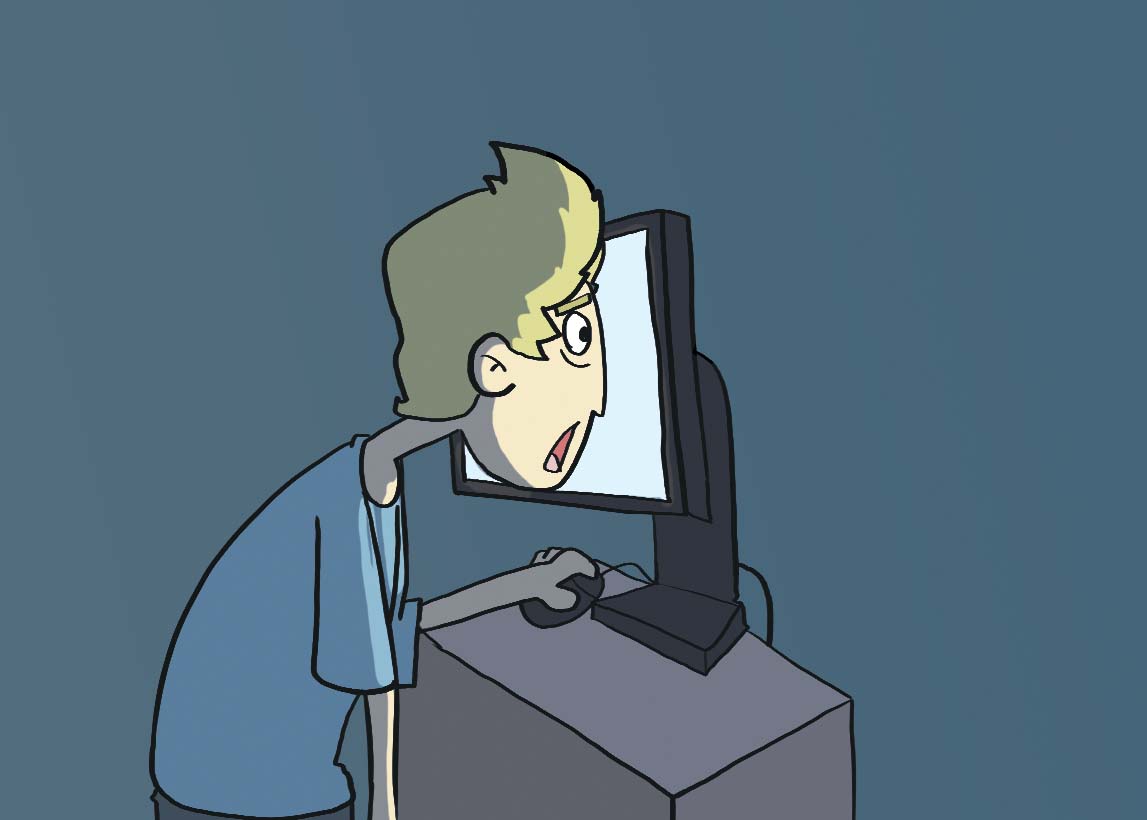Symptoms include avoiding friends and family and a feeling of euphoria while surfing the internet
Do you feel like you are addicted to the internet?
The American Psychiatric Association may include internet addiction in the upcoming May revision of the Diagnostic and Statistical Manual of Mental Disorders (DSM), meaning the medical community is closer to recognizing this folk condition.
The DSM officially recognizes substance addictions like alcoholism, or compulsive addictions like problem gambling. But internet addiction has mental health experts on the fence about its validity as a “disorder.” Currently, it is not listed in the DSM, but may be included in May’s revision.
Internet addiction disorder, or pathological computer use, is overusing the internet to the extent of where daily life is severely interfered.
Internet addiction can extend into overuse of cybersex or pornography, online video gaming, online gambling, social networking, and online shopping to name a few.
Caroline Davis, professor in the School of Kinesiology and Health Science at York, says the internet poses risks to people under certain circumstances.
“The internet has become so vast that it basically functions as a vehicle to do anything the user wishes,” says Davis. “Users can easily shop, gamble, watch pornography, and obtain large amounts of information on virtually anything without ever having to leave their home.”
Dr. Kimberly Young of St. Bonaventure University advocates for the legitimacy of internet addiction as a mental disorder.
Young says prior research in this field cites mental health issues, such as depression and anxiety, as possible reasons for users becoming addicted to the internet.
The internet can be an escape for people with existing mental health issues, she says, because it distracts users from their depressed state.
There are a growing number of treatment centres that offer help to those struggling with internet addiction.
Toronto’s Centre for Addiction and Mental Health offers an extensive treatment program for those who believe they suffer from the disorder, and takes in new clients. Their program includes therapy, social interaction, exercise, and more.
Davis is hesitant to include internet addiction in her lexicon of mental health.
“I have yet to hear of a case where the internet has severely had a negative impact on a person’s life, like alcohol or cocaine,” says Davis.
“It’s not listed in the DSM as a disorder, so I wouldn’t consider it as a real disorder just yet.”
Hassan Sheikh, Contributor





